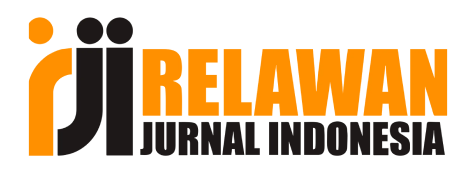| :: People :: |
| Editorial Team |
| Reviewers |
| Contact |
| :: Policies :: |
| Journal History |
| Generative AI Policies |
| Data and Reproducibility |
| Conflicts of Interest |
| Publication Frequency |
| Open Access Policy |
| Archiving Policy |
| Advertising Policy |
| Publication Ethics and Misconducts |
| Screening for Plagiarism |
| Withdrawal of Manuscript |
| Retraction and Correction |
| Article Processing Charge |
| Digital Preservation |
| Indexing and Abstracting |
| Visitor Statistic |
| :: Submission :: |
| Author Guidelines |
| Reviewer Guidelines |
| Copyright And Licensing |
| Copyright Transfer Agreement |
| Privacy Statement |
| Online Submissions |
| Complaints and appeals |
| Authorship and Contributorship |
| Manuscript Template |
| Call For Reviewer/Editor |
| :: Indexed By :: |








